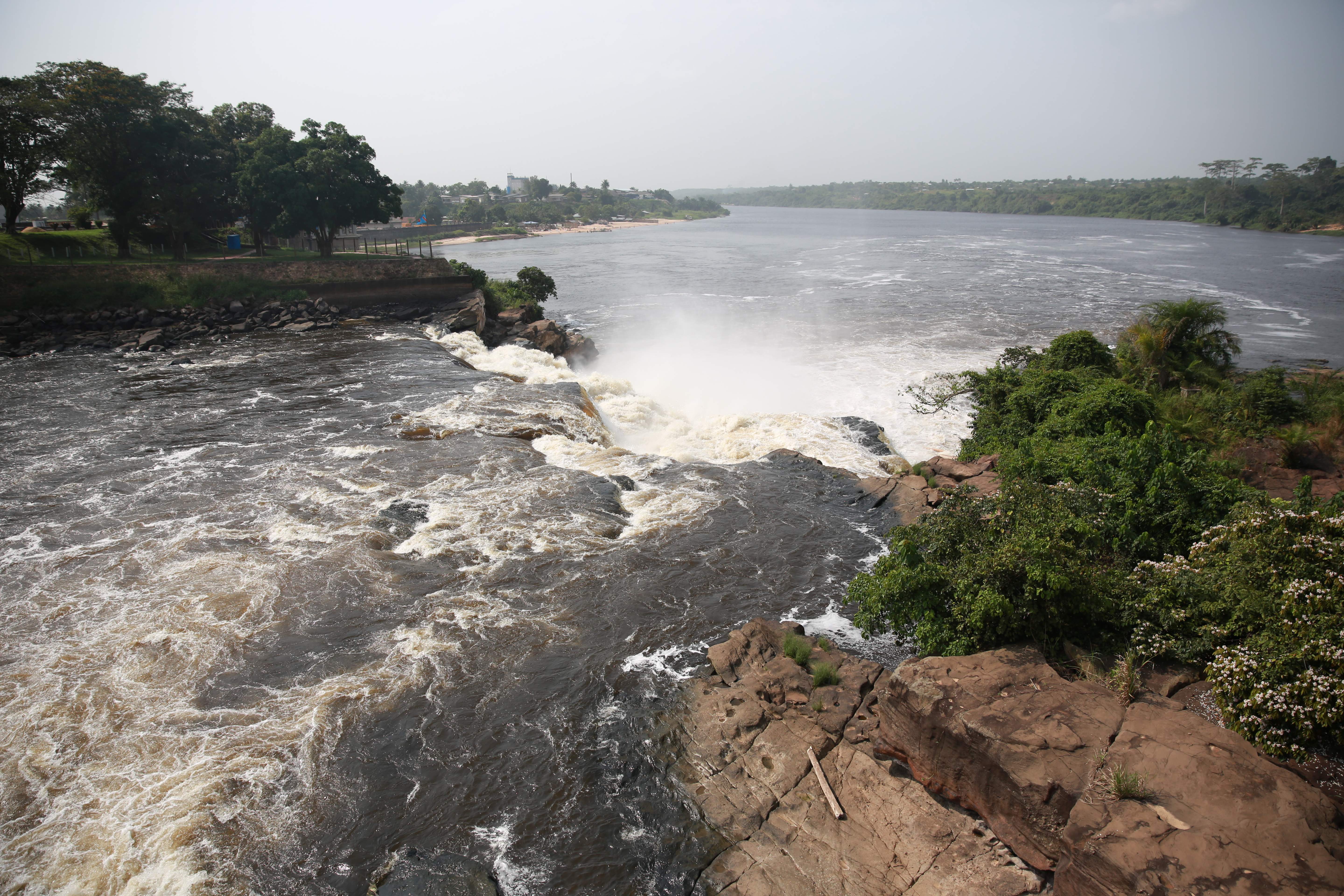|
Bomane
Bomane is a village on the Aruwimi River in the Tshopo province of the Democratic Republic of the Congo. Bomane was among the posts founded in 1889–1890 by a Belgian expedition led by Léon Roget. Jules Alexandre Milz Jules Alexandre Milz (10 September 1861 – 1 October 1902) was a Belgian soldier who was active in exploring the northeast of the Congo Free State. He traveled extensively in Uele District, where he resolved the question of whether the Uele River ... was placed in charge. Notes Sources * * {{DEFAULTSORT: Populated places in Tshopo ... [...More Info...] [...Related Items...] OR: [Wikipedia] [Google] [Baidu] |
Jules Alexandre Milz
Jules Alexandre Milz (10 September 1861 – 1 October 1902) was a Belgian soldier who was active in exploring the northeast of the Congo Free State. He traveled extensively in Uele District, where he resolved the question of whether the Uele River was the upper portion of the Ubangi River. He was second in command of an expedition to the Nile in 1891–1892, and took over command after the leader died. Early years (1861–1888) Jules Alexandre Milz was born in Virton in Belgian Lorraine on 10 September 1861. His parents were Jacques Milz and Joséphine Philippart. He joined the 2nd Mounted Chasseurs on 20 August 1880, and was appointed second lieutenant to the 4th Lancers on 29 June 1883. He entered the service of the Congo Free State in 1888. Roget Expedition (1888–1891) On 17 June 1888 Milz left Antwerp as an officer of the ''Force Publique''. He arrived in Boma on 25 July 1888 and was assigned to the Bangalas District, where Willem Frans Van Kerckhoven was preparing the v ... [...More Info...] [...Related Items...] OR: [Wikipedia] [Google] [Baidu] |
Léon Roget
Léon Roget (21 June 1858 – 4 February 1909) was a Belgian soldier and colonial administrator who was active in the Congo Free State. He was the first commander of the ''Force Publique'', the armed force used to police the colony. __TOC__ Early years (1858–1886) Léon Roget was born in Brussels on 21 June 1858. His parents were Théodore Roget and Antoinette Meganck. He joined the army on 28 September 1873. He entered the Military School on 4 April 1876, and graduated with the rank of infantry second lieutenant on 4 June 1878. After serving for several years he entered the War School, where he studied for three years and graduated as ''adjoint d'état-major'' on 8 December 1885. Soon after he was promoted to staff captain. First Congo term (1886–1888) Roget was admitted to the service of the Congo Free State on 15 April 1886, and left for Africa on 28 June 1886. On 17 August 1886 he was appointed the first commander of the ''Force Publique''. During his first term of serv ... [...More Info...] [...Related Items...] OR: [Wikipedia] [Google] [Baidu] |
Aruwimi River
The Aruwimi River is a tributary of the Congo River, located to the north and east of the Congo.Stanley, H.M., 1899, Through the Dark Continent, London: G. Newnes, Vol. One , Vol. Two The Aruwimi begins as the Ituri River, which rises near Lake Albert, in the savannas north of the Kibale River watershed. It then runs generally south southwest until it is joined by the Shari River which flows by Bunia. The Ituri then turns west, through the Ituri Forest, becoming the Aruwimi where the Nepoko (or Nepoki) River joins it, at the town of Bomili. The river continues westward, joining the Congo at Basoko. The length of the Aruwimi–Ituri-Nizi is about , with the Ituri being about , the Nizi about and the Aruwimi about . The Aruwimi is about wide where it joins the Congo. The watershed of the Ituri/Aruwimi is almost entirely dense forest, with just a handful of villages along its course, and crossed by roads in about four places. The Kango language (SIL code KZY) is spoken by sever ... [...More Info...] [...Related Items...] OR: [Wikipedia] [Google] [Baidu] |
Tshopo
Tshopo is one of the 21 new provinces of the Democratic Republic of the Congo created in the 2015 repartitioning. It is situated in the north central part of the country on the Tshopo River, for which it is named. Tshopo, Bas-Uele, Haut-Uele, and Ituri provinces are the result of the dismemberment of the former Orientale province. Tshopo was formed from the Tshopo district and the independently administered city of Kisangani which retained its status as a provincial capital. History From 1963 to 1966, the area was constituted as the province of Haut-Congo. It was merged into Orientale Province in 1966 as, separately, the District of Tshopo and the city of Kisangani. The Presidents (later governors) of Haut-Congo were: * 1963 – 26 June 1963: Georges Grenfell (b. 1908) * 26 June 1963 – 1964: Paul Isombuma * 1964 – August 1964: François Aradjabu * August 1964 – 5 Nov 1966: Jean Marie Alamazani Provincial status was re-instated to Tshopo in 2015, ... [...More Info...] [...Related Items...] OR: [Wikipedia] [Google] [Baidu] |


